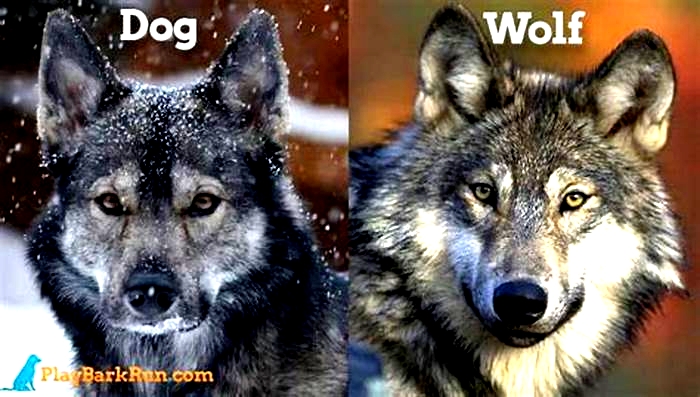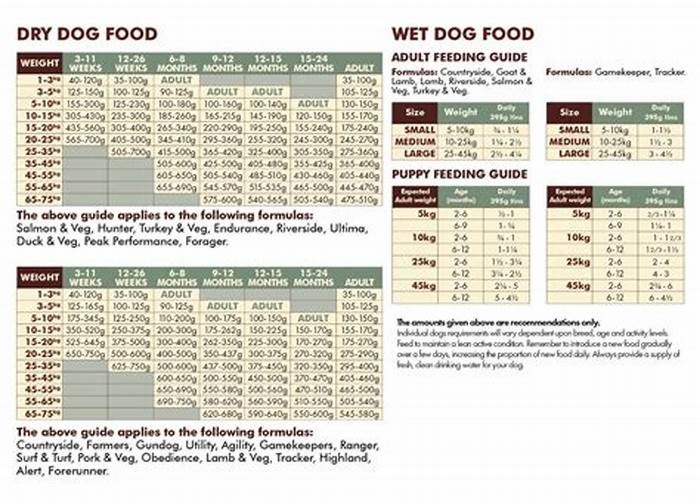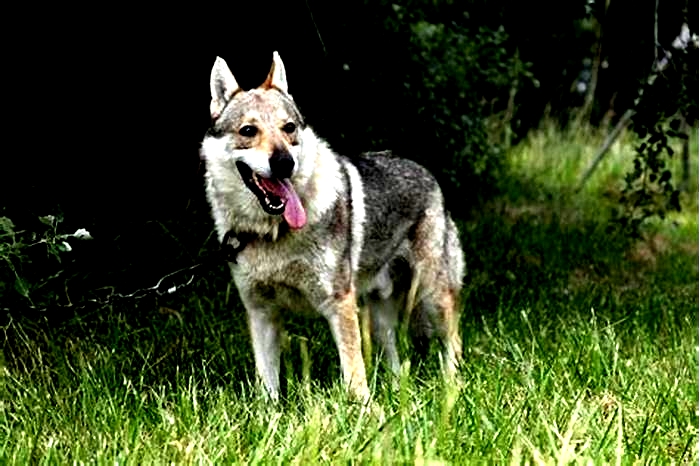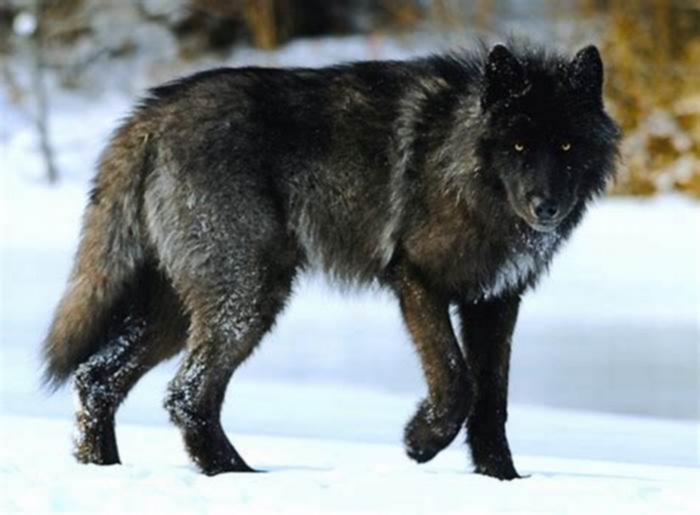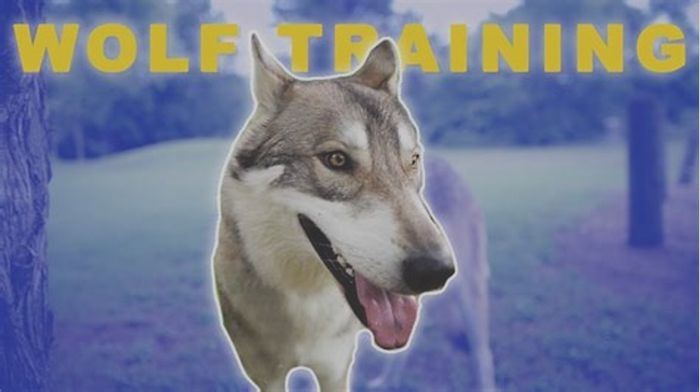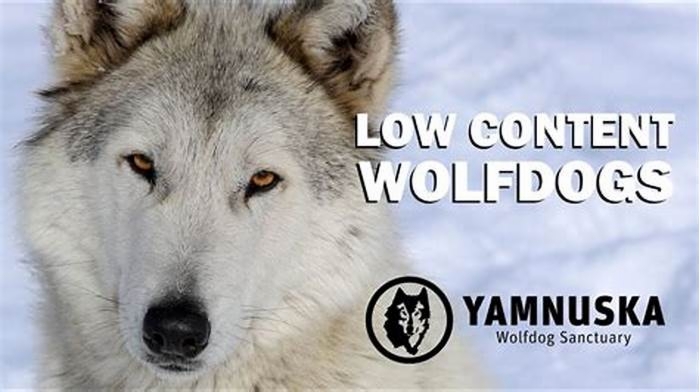What do I need to know before getting a wolf dog
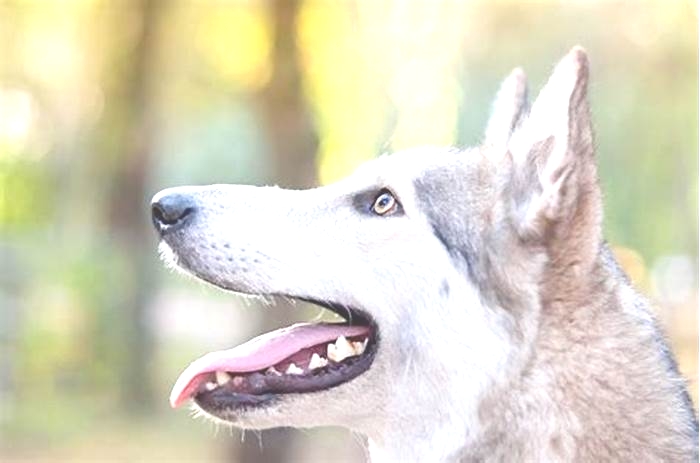
Wolf Dogs: Facts to Know Before Owning One
Ownership of wolf dogs has been on the rise in recent years. Some experts believe wolf-dog ownership became more popular and mainstream since 2015 when the Game of Thrones introduced six direwolves loyal to the fictional Stark family.
What attracts some people to get a wolf dog? Mainly ego and status for the uneducated owner. Here are some other reasons:
- Getting a dog with wolf DNA running in its blood is cool
- Going against the mainstream and owning something exotic
- Owing something illegal (in some states)
- Claiming to have tamed the wild
Responsible wolf dog owners are the first to admit the commitment, dangers, and challenges this high octane crossbreed requires.
Ethical wolf-dog breeding and ownership are controversial in North America. Some believe wolf dogs are sufficiently similar to domestic dogs to be owned. Others believe the wolf dogs wild bloodlines make it more dangerous than tame and that it should not be kept in captivity for the safety of the animal and people around it.
Lets explore everything to know about wolf dogs.
What is a Wolf Dog
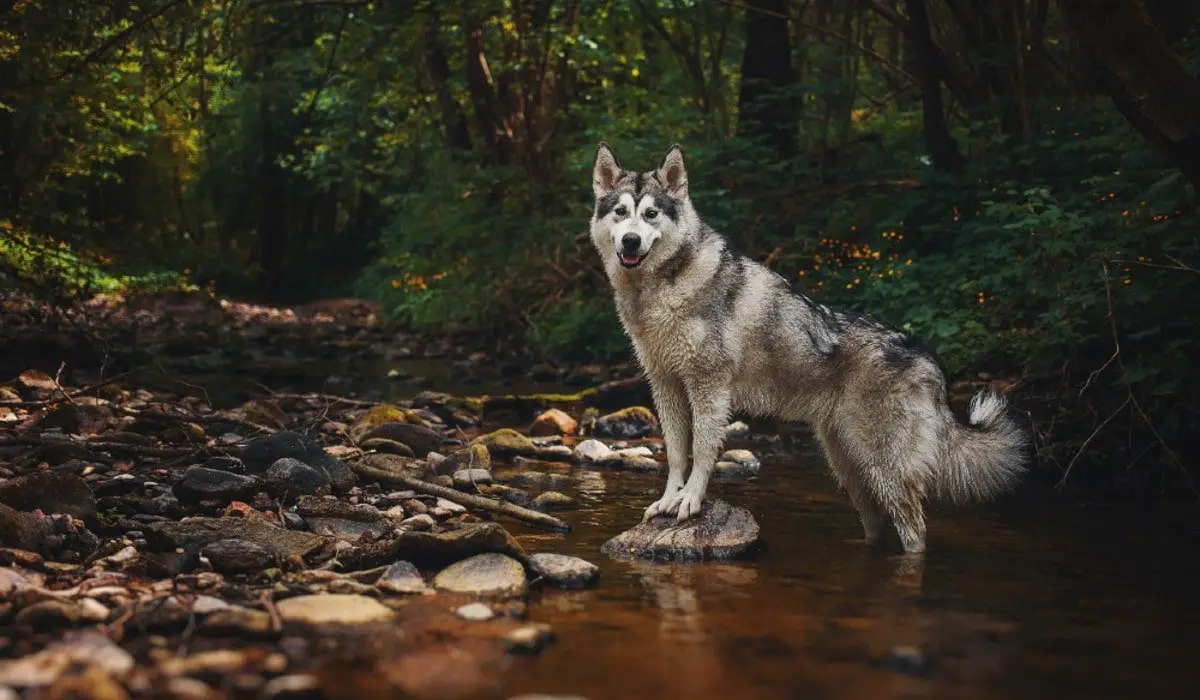
First things first, wolf dogs and wolf hybrids are an abbreviation of wolf-dog hybrids. The terms mean the same thing.
The American Kennel Club recognizes no wolf-dog hybrid.
A wolf dog is defined as a part wolf, Canis lupus, and part dog, Canis lupus familiaris.
If you trace the origins of domesticated dogs back far enough, youll find that all modern dogs are derived from wolves. Therefore the two species share many physical and behavioral characteristics.
Wolf dogs are created by crossing any domestic dog with one of four wolf subspecies:
- Gray
- Eastern Timber
- Red
- Ethiopian
The most common crosses are with gray wolves.
While a gray wolf and domestic dog can successfully mate andproduce offspring,there is no guarantee that a wolf hybrid pup will inherit the same behavioral traits or genetic makeup as its parents.
Englands first known breeding between a wolf and a dog occurred in the mid-eighteenth century. Most wolf mixed canines are more dog than wolf content due to generations of gene mixing and are selected to exhibit particular behavioral and physical qualities.
However, wolf dogs are still part wolf and have mannerisms that make them tough to own. A wolf breed demands substantial expertise, training, and attention.
Because each wolf-dog mixs disposition varies, you never know what youre getting.
Are Wolf Dogs Legal?
Owning a wolf dog is subject to rules, restrictions, and laws in each state, county, and city.
Some states classify wolf-dog hybrids as exotic animals and illegal to own or have in your possession.
Some states classify hybrids as wild animals and require a permit. Other states classify wolf dogs the same as domesticated dogs, only requiring the standard vaccinations and licenses.
However, there is no approved rabies vaccine for a wolf hybrid. A wolf-dog vaccinated for rabies isnt considered legally vaccinated. If a wolf dog bites a person or another animal, the wolf-dog will be placed under a rabies quarantine regardless of its proof of rabies vaccination.
Wolf dogs as pets are illegal in the following states:
- Alaska
- Connecticut
- Hawaii
- Idaho
- Illinois
- Louisiana
- Maryland
- Massachusetts
- Michigan
- North Dakota
- Wyoming
- Rhode Island
To check state-specific laws, click here.
Popular Wolf Dog Hybrids
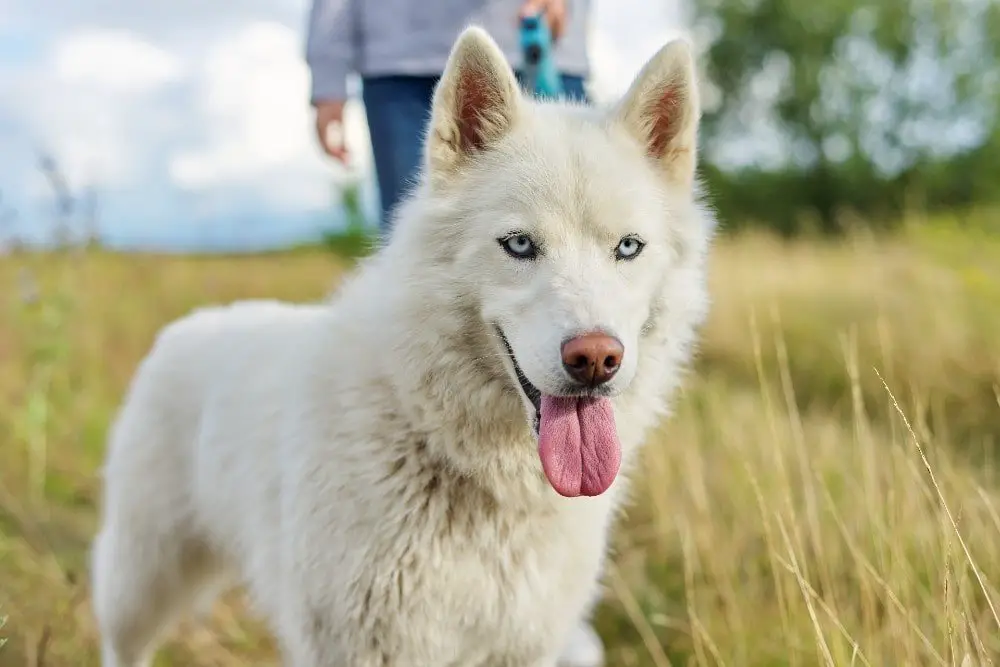
Any domesticated dog can be bred with a wolf. Here are some of the more popular mixes:
- Akita Wolf Hybrid
- Alaskan Malamute Wolf Hybrid
- Chow Chow Wolf Mix
- Czechoslovakian Wolf Dog
- German Shepherd Wolf Dog (Wolfshepherd)
- Golden Retriever Wolf Hybrid
- Poodle Wolf Dog
- Siberian Husky Wolf Mix
- Wolf Labrador Retriever Mix
Wolf Versus Dogs
Lets look at distinct differences between dogs and wolves:
- Dogs love, trust, and bond with humans. Wolves are instinctively afraid of humans.
- Dogs like to cuddle and hang out with humans. Wolves want to be in the wilderness.
- Dogs appreciate the food you feed them. Wolves like to hunt for their food source.
- Dogs like to please their owners. Wolves want to please themselves.
- Dogs learn and comply with commands. Wolves dont like being told what to do.
- Dogs are taught to respect their surroundings. Wolves are destructive in closed surroundings.
Do Wolf Dogs Make Good Pets?
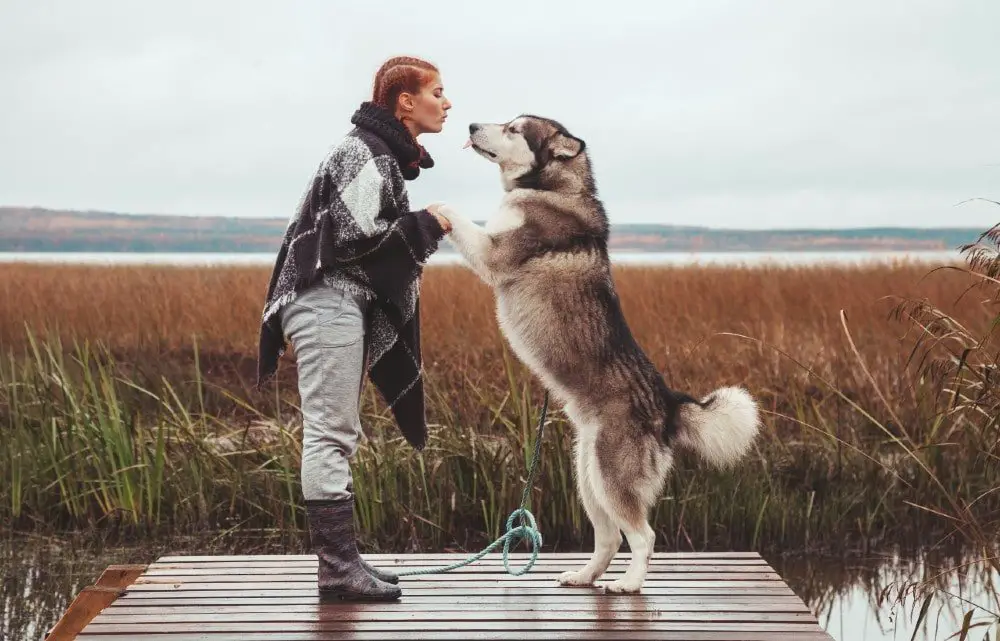
Wolf dogs are magnificent animals to look at but do they make good pets?
Wolf dog lovers are protective of these intelligent animals. However, these same wolf-dog enthusiasts are the first to admit that these creatures come with many unknowns, behavioral challenges, and time and responsibility.
If a wolf dog forms a bond with its human owner, it will be loyal to a fault. However, this is true of many domesticated dog breeds.
Owning a wolf dog is not the same as owning a regular indoor dog. Wolf dogs are high maintenance from their diet to their socialization, exercise needs, confinement requirements, attention, etc.
Obtaining home insurance can be challenging for large dog owners. Wolf dog owners will likely be classified as uninsurable.
Wolf dog owners are unlikely to take vacations without their dogs. Most dog facilities arent equipped with eight-foot-high kennels and guards at the base of walls or fencing to prevent a wolf-dog from escaping.
The shy nature of wolves makes wolf dogs instinctively protective of their surroundings and wary of strangers. These traits make it unlikely that friends, neighbors, or pet sitters can swing by to look in on your wolf dog.
Wolf dog owners are unlikely to take vacations without their dogs. Most dog facilities arent equipped with eight-foot-high kennels and guards at the base of walls or fencing to prevent a wolf-dog from escaping. Nor do these facilities want to take on the liability risk of housing a wolf dog.
Wolf dogs are instinctively protective of their surroundings and wary of strangers. These traits make it unlikely that friends, neighbors, or pet sitters can swing by to look in on your wolf dog.
Wolf dogs can be negatively stereotyped by others. Veterinarians and groomers may decline your business due to personal experiences, legal or insurance issues, or ethical standards.
The same goes for dog businesses or events that may deny your entry. Everyday things done with a domestic dog may become challenging with a wolf dog.
Lastly, kids and other animals are an unknown factor with wolf dogs. Every wolf dog is different. There are no guarantees that a wolf dog will do well with other animals or young children.
Many experts recommend never leaving children, small dogs, or other small animals or pets unsupervised with a wolf dog.
Are Wolf Dogs Safe to Own?
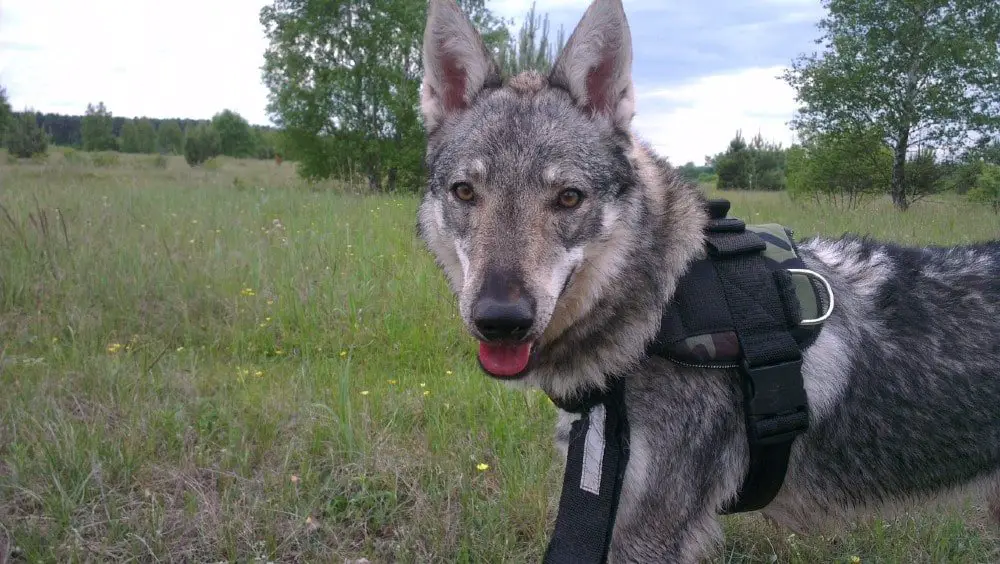
Many wolf-dog enthusiasts believe these creatures are misunderstood and mismanaged.
Wolf dogs that have been selectively bred for temperament and disposition might be safe, calm, non-aggressive animals looking for a human best friend.
However, wolf dogs can be unpredictable, untrainable, and dangerous even when correctly cared for. Even with careful breeding, wolf dogs can inherit aggressive instincts that make them more dangerous and primal than other dogs.
Many new, inexperienced, uneducated owners find wolf dogs to be too much work, responsibility, and risk. As a result, unwanted wolf dogs are increasingly chained in backyards, surrendered to animal shelters, a wolf-dog sanctuary, or euthanized.
Are Wolf Dogs Dangerous to Own?
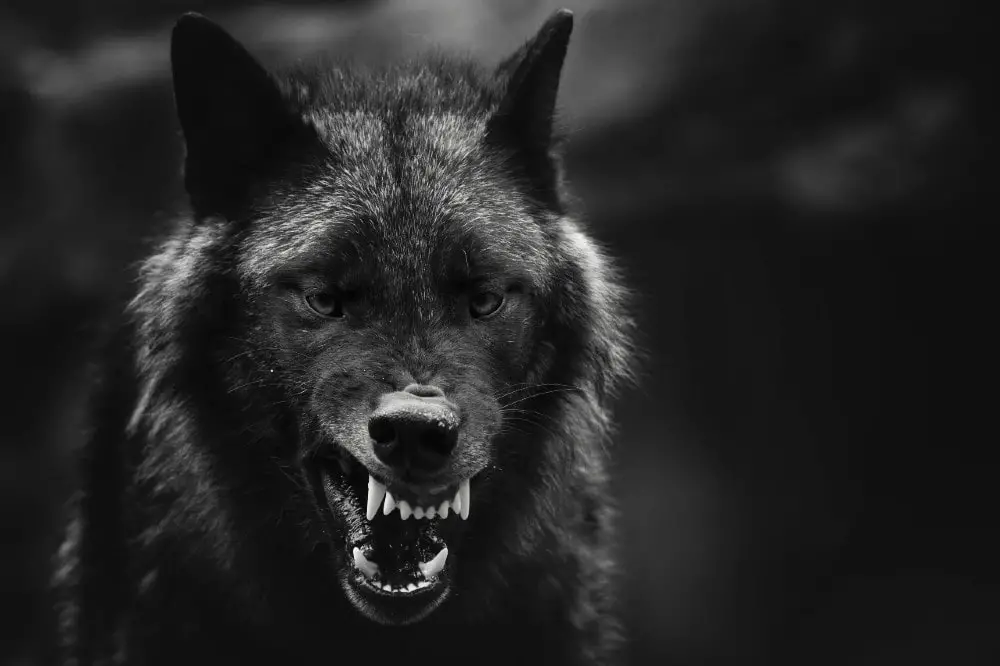
Whether a wolf dog is safe or dangerous comes down to personal perceptions and experience.
Here is an excerpt from petful.com coming from an unnamed veterinarian.
I found myself trapped with and by Titan, a 10-month-old wolf-dog hybrid I had been seeing since he was a puppy.
As a veterinarian with a lot of experience with wolves, wolf-dog hybrids, and zoo animals, I was shocked to find myself in this situation. The situation occurred because Titans behavior was highly unpredictable. We were both trapped. And we were both fearful.
Titan had been brought into my hospital that morning to be neutered. To lessen his fear response, we took many precautions to ensure as fear-free an environment as possible:
- He was familiar with the staff and me and had been to the hospital before.
- We administered a pre-op sedative with the dogs human present.
- And we did not cage Titan at any time.
Although Titan had been exhibiting some aggression at home lately, he seemed docile and comfortable that morning.
But as he was being held by his leash in surgery, getting ready to be anesthetized, he turned his head ever so slightly toward me. His eyes rose to fixate on my face, and then he lunged about a foot toward me and just kept staring into my eyes, ready to pounce.
Unnerved, I stepped back from his lunge, and he darted into the corner of my surgical suite with a swift and silent bolt.
Planted firmly against the wall, he looked like a statue with live eyes. He didnt move a muscle, didnt blink. I couldnt even see his chest move for breath. He just sat, staring at me.
I had no idea what Titans next move might be. Or mine.
As we kept our eyes locked on one another, bodies fixed and silent, I realized it was unnatural for both of us to be in this situation. Titan had been placed in a dog environment that day, but Titan was a wolf a wild animal that instinctually needed to escape from this dog world.
After about a minute, I gestured for my technicians to cautiously clear the room and bring me the rabies pole.
It seemed that Titan would not lunge at us if we did not move toward him.
A rabies or snare pole is a long metal rod with a controllable cable at the end. If you can cautiously place the cable on the neck of the animal, you can tighten it safely and humanely from about a 6-foot distance, giving you some control and not harming the animal.
If Titan lunged at me first, or if I was not strong enough to control him at the end of the pole, he could have indeed attacked me.
My goal was to safely take control of Titan, get him in a room by himself to lessen his fear response, and then have his person come get him immediately.
I stood still with the rabies pole and spoke softly to Titan. Motionless, he kept staring into the center of my skull.
After a minute, I moved the rabies pole slightly toward him. He remained still. He bared his teeth. I talked to him again, and his face became more neutral.
I got the noose over his head and got control with one movement. He lunged.
I was able to hold the pole firmly, and he stopped lunging. He could have won this tug-of-war if he had wanted to.
I guided him to a safe room a few feet away.
Titan had not acted aggressively with me for ten months until he was placed in a setting that threatened him. His behavior became unpredictable because of his innate fear response.
Titans human was a strong, single man who had devoted much time, effort, and expense to understanding and training Titan. But at ten months old, Titan was brought to me to be neutered because he was getting a bit unpredictable.
This man was most likely not being candid with me about the extent of Titans behavioral problems.
He mentioned that more people who used to trust Titan were afraid of him and that it was getting harder and harder to curb some destructive behaviors.
Wolf Dog Characteristics
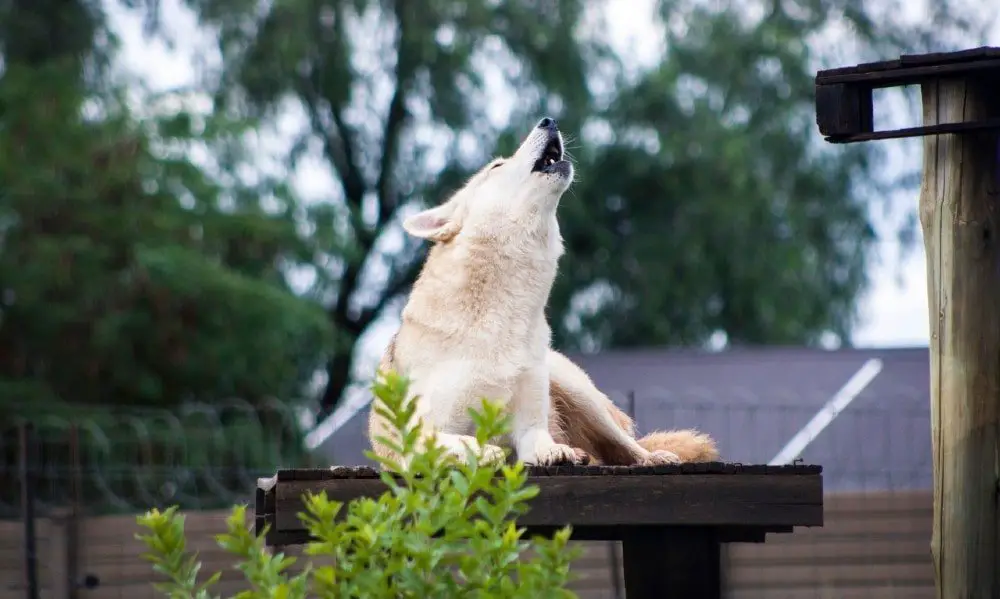
Wolf dogs are not domestic dogs and do not act like domestic dogs.
Many working dog breeds, like the German Shepherd Dog or Belgian Malinois, are too much dog for a lot of people due to their high prey drive combined with high energy. Now add some pure wolf into the mix.
Its recommended to know and understand how much wolf is in a wolf hybrid.
- Low Content: 1 to 49% wolf content
- Mid Content: 50 to 74% wolf content
- High Range: 75% and up wolf content
The higher the percentage of wolf genes in a wolf-dog cross, the more wolf-like behavior and appearance the hybrid will have, leading to an extremely high maintenance animal living with you.
Lower content wolfdogs are easier to handle than wolf dogs with high contents. Theyre more sociable, easier to train, and have fewer destructive tendencies.
DNA tests can help owners determine how much percent wolf is in their wolf-dog.
Do wolf dogs howl? Yes, most of them do.
Wolf Dog Behaviors
Wolf dogs can be skittish and shy by nature and more challenging to socialize than an average dog. If wolf puppies are not socialized early in life, they may be fearful of strangers and other animals for the rest of their lives.
Wolf dogs with proper socialization are generally friendly but can become aggressive if threatened or feel their pack is in danger.
Wolf dogs are slow to mature and have puppy energy and antics that they dont grow out of until three or four years of age.
Wolf dogs are highly intelligent and need mental stimulation. However, wolf dogs are not easy to train because they are known to be stubborn and territorial and not as eager to please their owners compared to domestic dogs. Patience is required when training a wolf dog.
Wolf dogs have a pack mentality and do not like to be left alone. Wolf dogs need constant canine or human companionship, or they will suffer from separation anxiety.
Separation anxiety will cause a wolf dog to become destructive due to boredom or loneliness. Wolf dogs are partially wild animals that can do a lot of damage in a short period of time.
Wolf dogs have a lot of energy and require daily exercise. A mid to high range content wolf dog needs three to four hours a day of exercise and plenty of room to run.
Wolf dogs are also more apt to be escape artists from yards requiring an 8-foot metal fence versus a 6-foot wood fence. A wolf dogs natural instinct will be to escape, explore, roam, and run.
Winter Wolf Syndrome
New wolf dog owners may not be aware that when days get shorter and the weather turns colder, a sweet and gentle wolf dog may become uncharacteristically irritable or develop aggressive tendencies.
Welcome to winter wolf syndrome.
Winter Wolf Syndrome is a term used to describe the behavior of wolves during the winter months. Its a term that reflects the dramatic hormonal changes that wolf populations go through around mating season. Some wolf dogs become less obedient while others become territorial of everything and may growl to warn you to stay away.
If your wolf dog is affected by winter wolf syndrome, expect the temporary behavior every year between October and March and understand there is nothing you can do about it.
You may find yourself living with a different species for five to six months out of the year, which is a long time if a wolf-dog becomes unstable or aggressive in an owners home.
Hopefully, your wolf dog will return to normal after the mating season is over.
How Big Are Wolf Dogs?
The size of a wolf-dog will depend on the domestic dogs size its breed to.
Generally speaking, wolf dogs range between 60 to 120 pounds. Females will be smaller than their male counterparts.
The more wolf in your mix, the taller your wolf dog will be.
Do Wolf Dogs Shed?
Yes, wolf dogs shed. A lot.
Wolf dogs have a double coat that thickens during the winter months and falls out or sheds in spring.
This shedding process is known as blowing coat and is common in many domestic dog breeds.
The double coat requires regular brushing year around but expect clumps of loose hair and hair tumbleweeds to increase during spring months.
Wolf Dog Health Issues
Wolf dogs are subject to the same health problems that all large dogs face, like arthritis and joint issues but seem less susceptible to genetic problems that plague certain breeds.
Like any dog, your wolf dog should be seen regularly by a veterinarian for vaccinations, check-ups, and preventative items like heartworm, fleas, and ticks.
Wolf Dog Diet
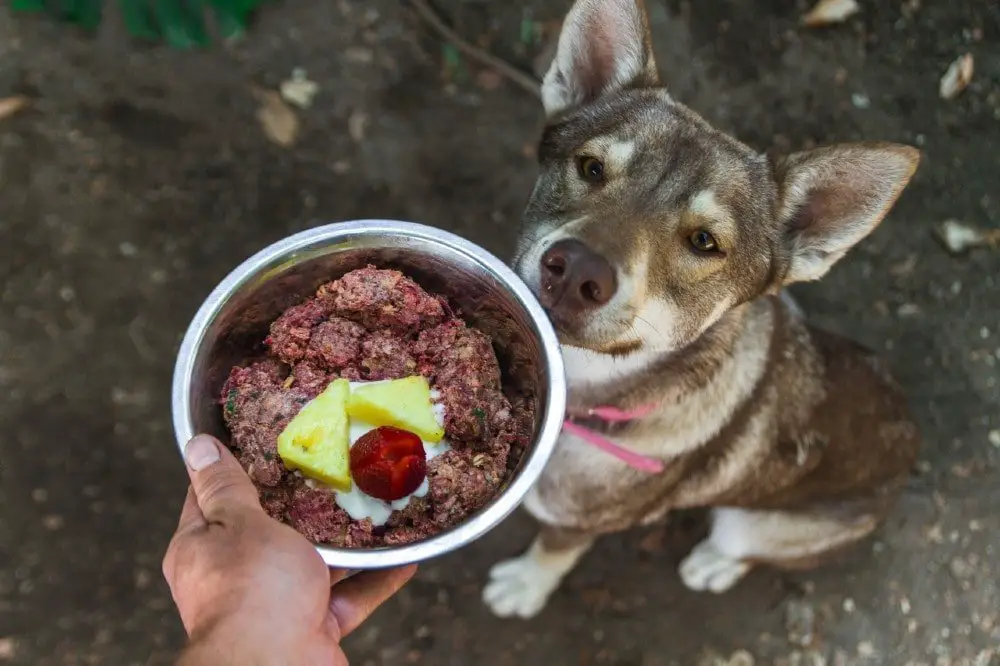
Wolf dogs are descendants of wolves. The primary diet of wild wolves is raw meat.
Wolf dogs cannot thrive on typical commercial dog food filled with carbohydrates and preservatives and need a diet of raw meat high in fat and protein.
Avoid feeding pork due to digestion issues and never give any dog cooked bones.
An active wolf-dog can consume 20 lbs. of raw meat per week. Please be able to commit financially to a raw diet if you are serious about owning and providing for a wolf dog.
How Long Do Wolf Dogs Live?
The average life expectancy for a wolf dog is 13 to 16 years.
How Much is a Wolf Dog?
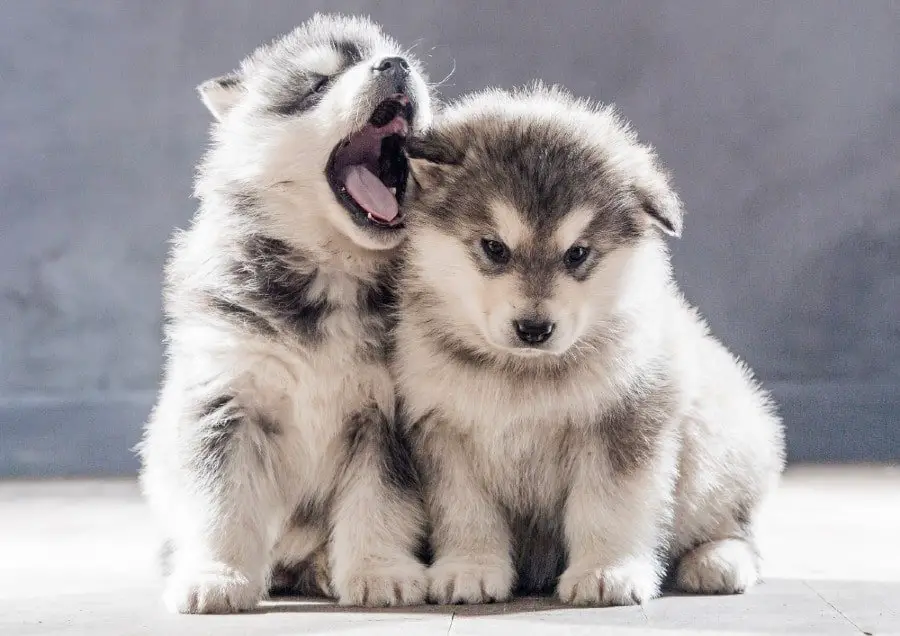
Depending on the age and breeder, a wolf dog puppy can cost anywhere from $1,000 to $3,000.
Backyard breeders advertising wolf pups on sites like Craiglist are interested in making a quick buck from a trend rather than breeding for health or temperament.
If you are serious about owning a wolf dog, do some research and find a reputable breeder who will interview you to ensure you and your lifestyle are a good fit for a wolf dog.
Wolf Dog Sanctuaries
With the surge in wolf-dog ownership comes the expected rise in wolf-dog abandonments. Wolf pups are cute and manageable, but many owners realize they cannot handle a wolf dog or provide for its needs when they grow into adulthood.
While commercial breeding facilities profit from mating and selling wolf pups, sanctuaries cannot take the vast number of hybrids surrendered due to a lack of funding.
The majority of wolfdog sanctuaries, primarily run as charities, rely on donations to stay afloat, and there is only so much space available.
Michael Hodanish, president of Howling Woods Farm, located in Jackson, New Jersey states he receives more rescue requests than he has funding for.
Howling Woods Farm makes every effort to rehome its rescued wolf dogs, but the adoption application procedure is lengthy and can take more than a year.
Wolf dog rescues around the country are full, so many wolf dogs are abandoned at shelters and end up being euthanized. Due to liability concerns, shelters will not put wolf dogs up for adoption.
Crowded wolf dog sanctuaries across the country echo the same message to people interested in getting a wolf dog. The experts message is that there are no benefits to owning a wolf dog over a conventional dog breed.
h/t Petful.com

